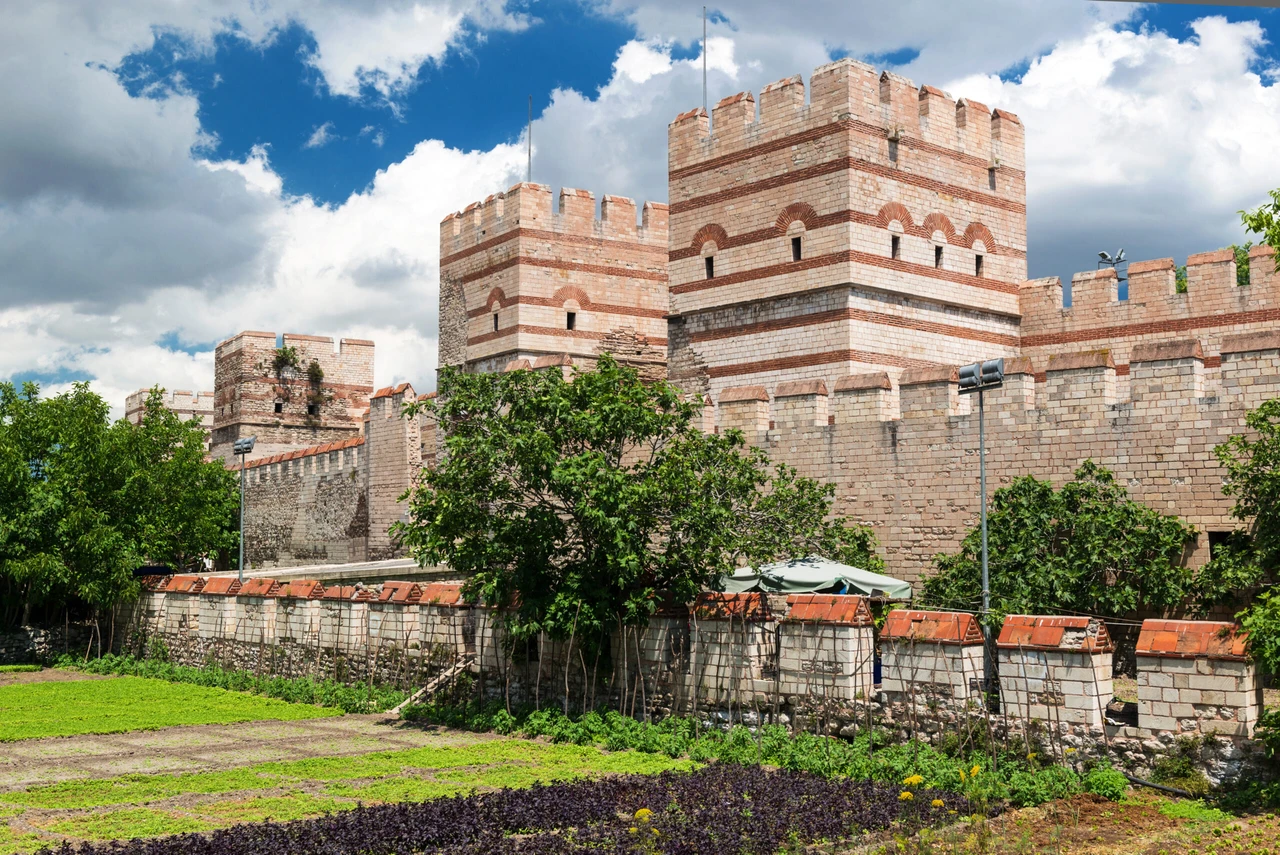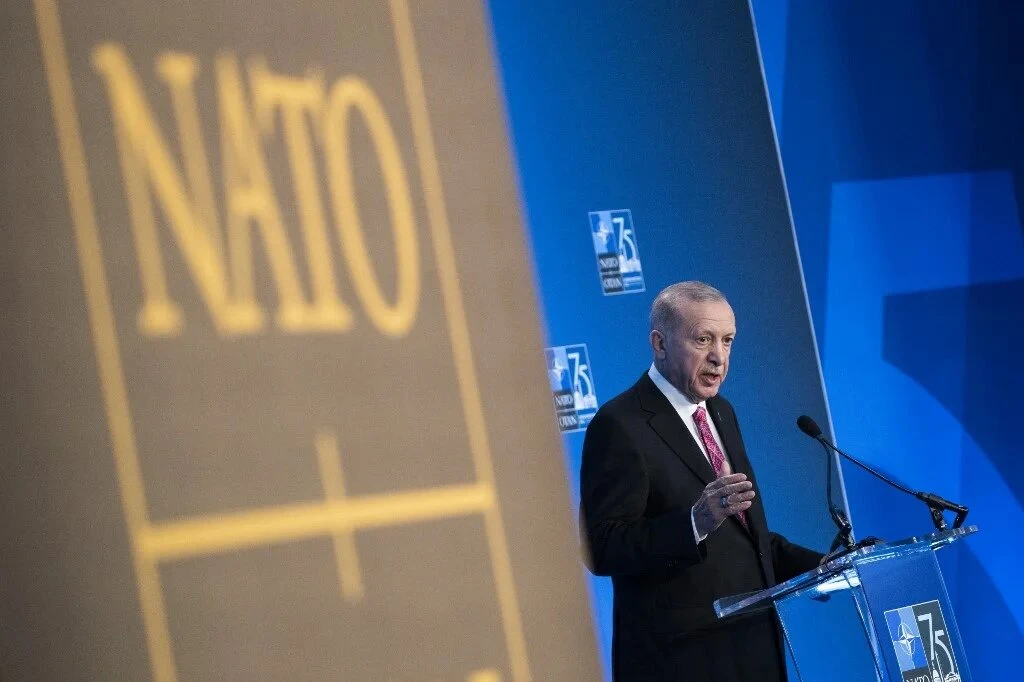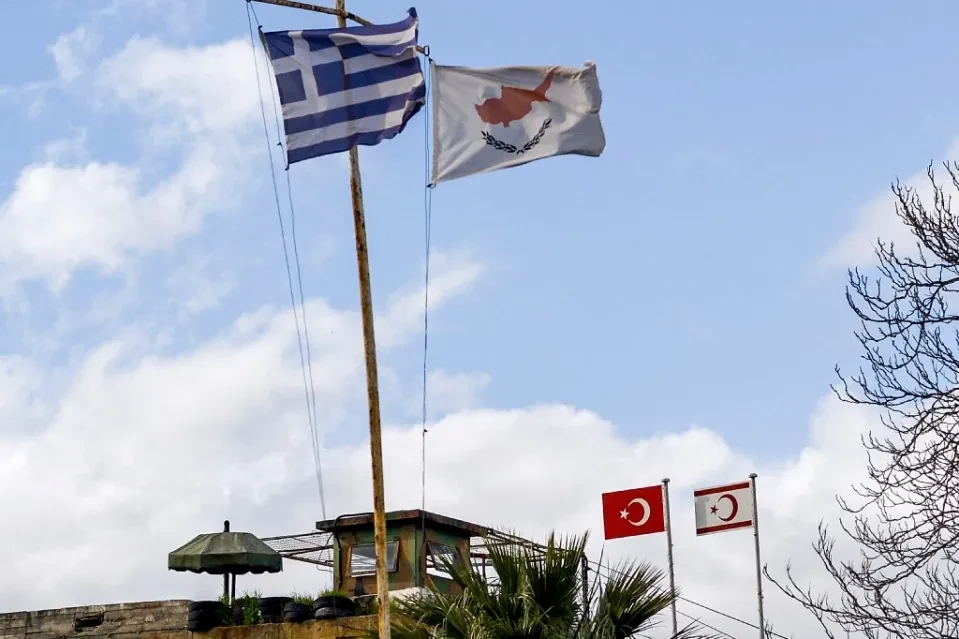Ethnic-Serb political party barred from Kosovo elections, prompting US and EU criticism
 Kosovo’s largest ethnic-Serb political party Serbian List leadership. (Photo via Srpska Lista)
Kosovo’s largest ethnic-Serb political party Serbian List leadership. (Photo via Srpska Lista)
Kosovo’s Central Election Commission (CEC) on Monday blocked the Serbian List, the largest ethnic-Serb political party, from running in the upcoming national elections, a move that has sparked condemnation from the United States and European Union.
The decision, which affects the February 9 polls, came after a divided vote within the 11-member commission. While two members voted to certify the party, two opposed it, and seven abstained. The dissenting votes were cast by representatives of Prime Minister Albin Kurti’s Self-Determination Movement, underscoring political tensions surrounding the decision.
“I can’t raise my hand and vote for an entity that openly does not recognize the state of Kosovo,” said Sami Kurteshi, a CEC member aligned with Kurti’s party.
The Serbian List, which has long been at odds with the Kosovo government, denounced the decision as unlawful. The party holds all 10 parliamentary seats reserved for ethnic Serbs and wields veto power, positioning it as a critical player in Kosovo’s political landscape.
The United States expressed concern over the exclusion, with local media citing a statement from the U.S. embassy in Pristina: “Such actions undermine the basic democratic principles for free and fair elections and open the door to subjective political influence on the electoral process.”
European Union officials echoed the criticism, emphasizing that the certification process should adhere to legal standards. “The process should be based on legal standards and procedures and not on political considerations,” EU representatives in Pristina said in a statement reported by local media.
Serbian President Aleksandar Vucic accused Kurti of trying to eliminate political opposition by targeting the Serbian List. Vucic also disclosed that he had discussed the issue with Russian Foreign Minister Sergey Lavrov, underscoring Serbia’s close ties with Moscow despite its candidacy for EU membership.
The Serbian List retains the right to appeal the decision, first to a special judicial election panel and, if necessary, to Kosovo’s Supreme Court.
Kosovo declared independence from Serbia in 2008, a move Serbia has never recognized. Tensions between the two have persisted, with Pristina accusing the Serbian List of operating as an extension of Belgrade’s influence to control the Serb community in Kosovo.
As the election date nears, the fallout from this decision could further strain relations between Kosovo and its Western allies, raising questions about the fairness of the upcoming polls.



